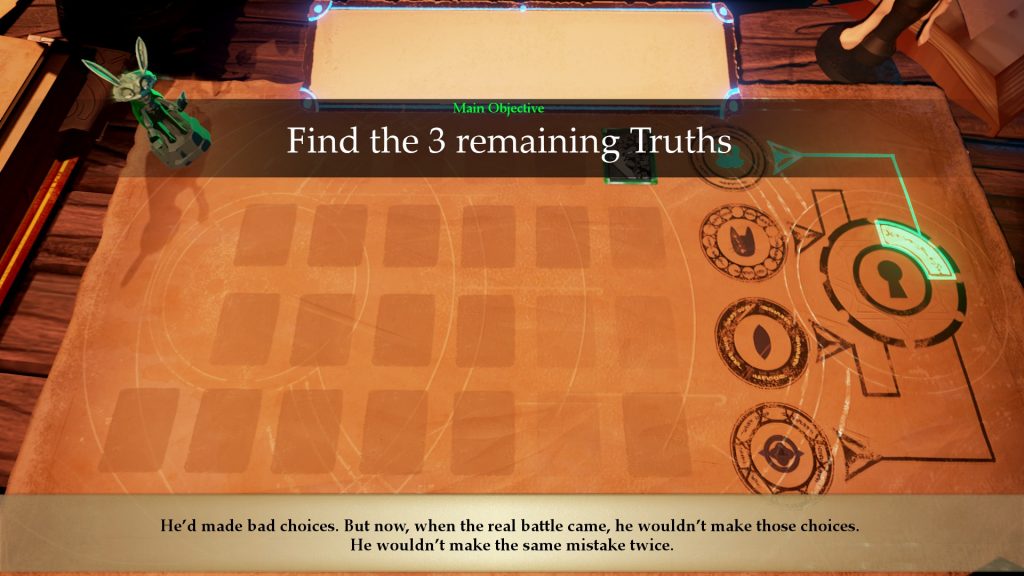As is becoming tradition, for the end of January we recorded a two-part “Games of the Year” show, in which we talk about the things we enjoyed playing in 2016. Both parts are now out, but here are some things that I thought were amazing, but didn’t make the cut.
Warframe
Stumbling into this game was a bit of a fluke. The game chosen for Game of the Month in January was pretty boring, and there was a lot of desire for co-op, so a few of us gave this another try.
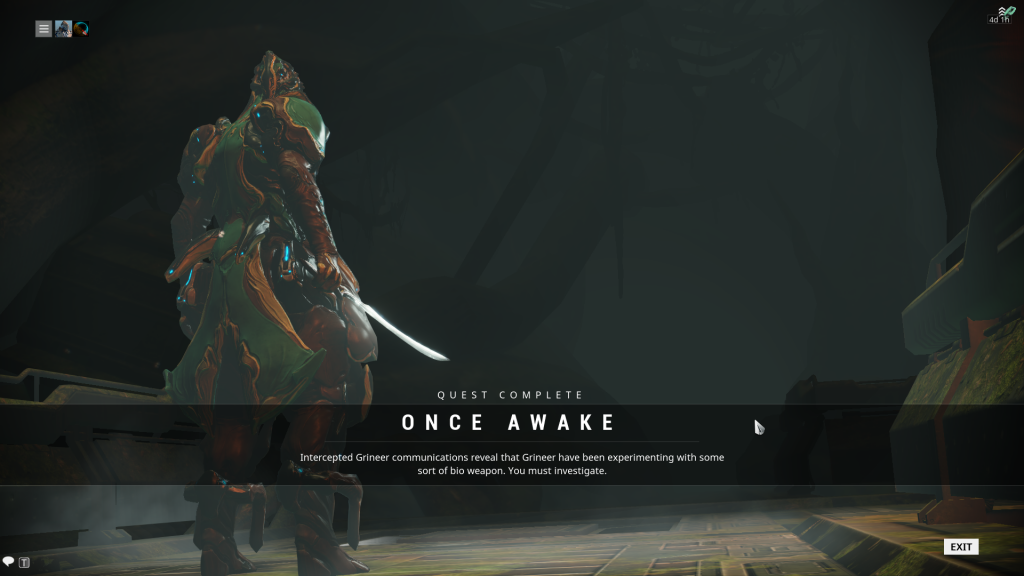
It turns out that space ninjas are actually pretty cool. There are a variety of characters with different abilities, gun variety that gives Borderlands a run for its money, and a movement system and level design that emphasizes how acrobatic the playable characters can be. Unexpectedly, there’s also an actual plot.
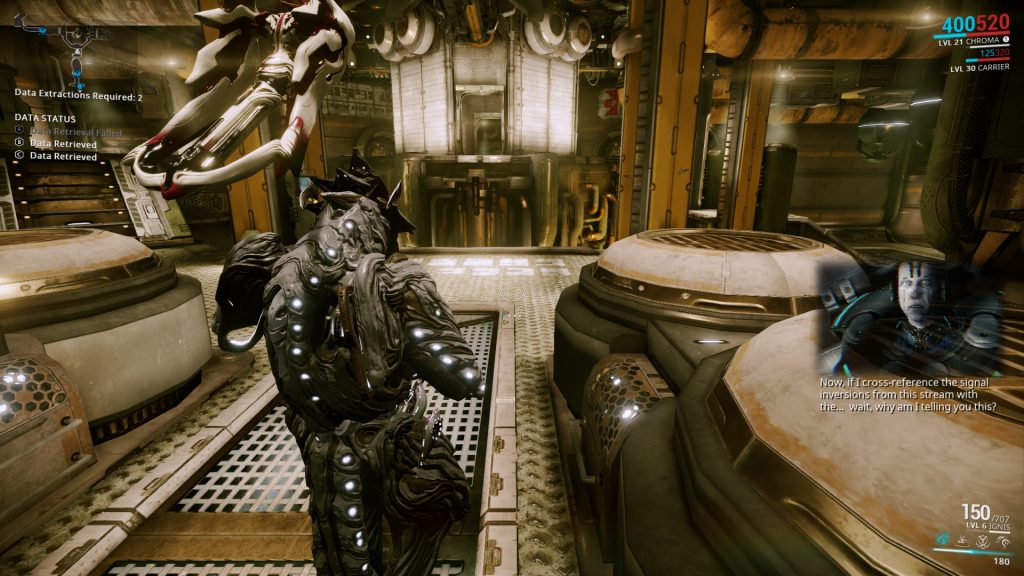
Owlboy
I did mention this one on the podcast a few weeks ago, but it’s worth repeating. Owlboy is one of several games with a very long development history to release in 2016, and the only one so far that I’ve finished. (For the record, it was announced between Final Fantasy Versus XIII and The Last Guardian and released slightly before both.) It’s a platformer that superficially resembles a metroidvania, but is much more linear than most examples of that genre. There’s also not a lot of actual platforming, as the main character has unlimited flight.
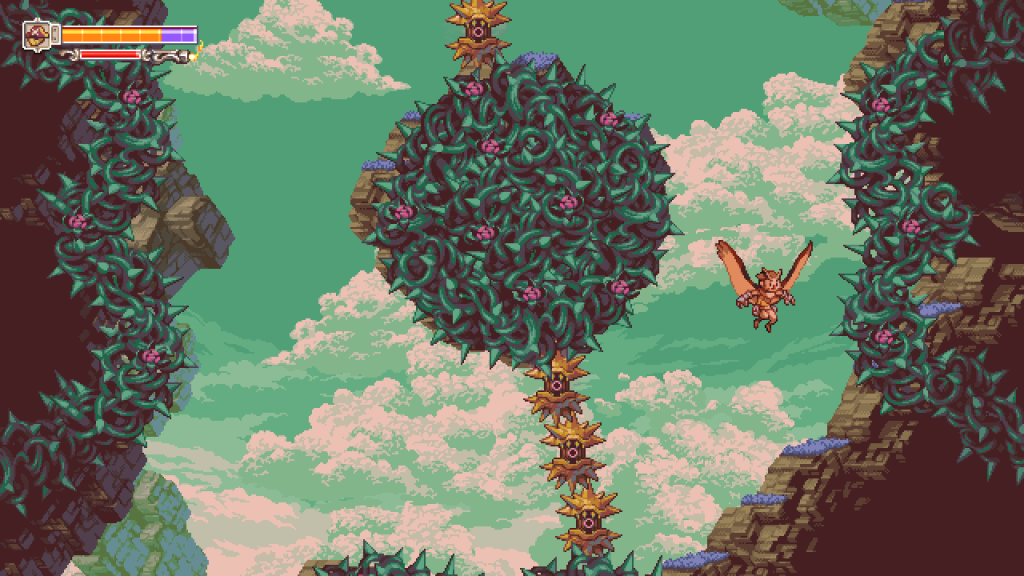
This game looks amazing art-wise; the music is also excellent. There’s a lot of humor in some of the dialogue, but other parts are much more serious. I didn’t mention this because I thought it might become a game of the month, but that seems unlikely at this point.

Stories: The Path of Destinies
This probably isn’t going to make any “Best of” lists for 2016, but I still think it’s worth a mention. Stories is a mostly isometric action-RPG of sorts, that looks like diablo but plays kind of like the Arkham games when fighting things. There’s a heavy emphasis on positioning, counterattacks, and keeping your combo string going which makes it pretty fun.
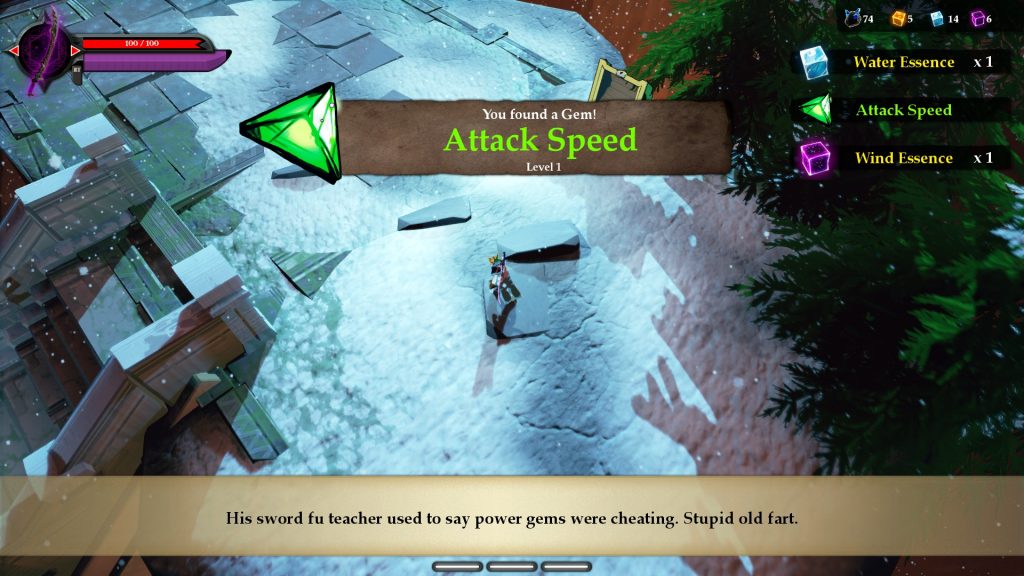
The main draw of this game is that it plays like a choose-your-own-adventure book. A complete playthrough from the start to an ending is probably between 60-90 minutes, and is shaped by the decisions you make (usually at the start of each chapter). When you start, these are all going to be Bad Ends in some way or another, but each to you get to one, you can learn a “Truth” that can help guide you toward endings that you haven’t seen yet. Once you have all 4, you can get to the real ending (you can’t stumble into it before that). It’s not the first time I’ve seen this concept, but it is one of the best executions I’ve played.
